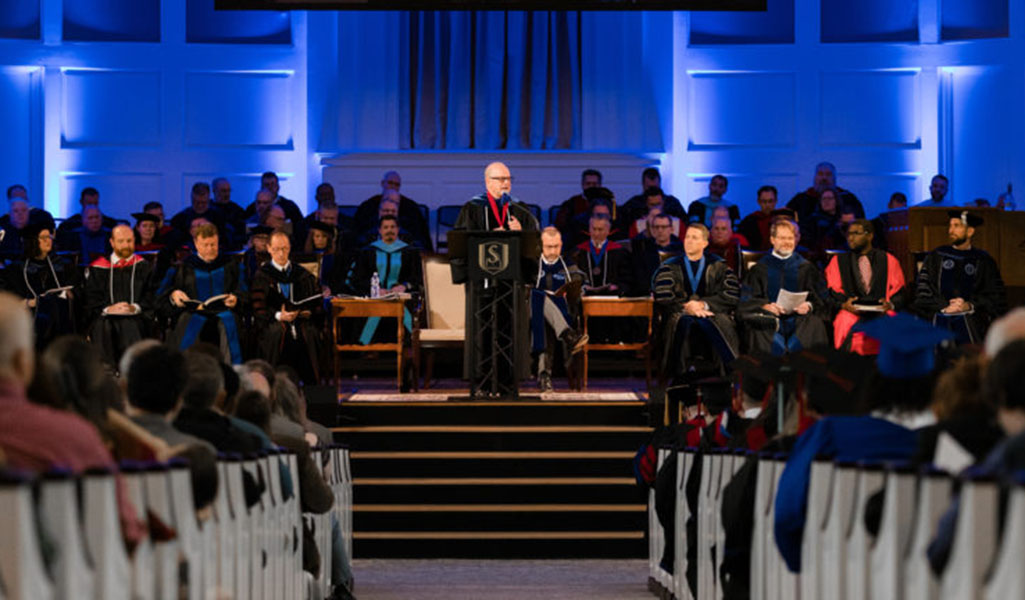
“You keep him in perfect peace whose mind is stayed on you, because he trusts in you” Isaiah 26:3.
“Peace” and “advent” are not words we would naturally associate with one another. Advent is about waiting. It is a time when we remember what it was like for the Jewish people to wait on the Messiah as we, the church, wait on Christ’s second coming during turbulent times.
Even Isaiah’s words in this verse carry the same tension. The verb “stayed” implies that our mind is drawn to other focal points. The next clause speaks of “trust,” which implies that the original reader was in a context where trust did not come naturally. The recipient of Isaiah’s message needed to be reminded not to let their minds wander to their fears.
But that is the experience of waiting. Few, if any, of us are optimists when we’re waiting. When we wait for the grade on a test, we fear we have done poorly. When we wait for the response to a job interview, we fear someone else got the job. When we wait on God, our natural tendency is to fear He will not come through this time.
The hope is in the relationship rather than the answer.
We should appreciate how much human experience is captured in the 17 words of Isaiah 26:3. We realize how much God knows us and how tenderly He speaks to needs of our finite existence. God knows we do not know what He knows, and He is patient. God knows we are mid-story while He knows the whole story, and He invites us to be honest about the distress it causes.
The peace of Isaiah 26:3 is not the answer to all our questions. If that were the case, we would have no peace. The peace of Isaiah 26:3 is in how fully we are known and how loving the One who knows us is. The hope is in the relationship rather than the answer.
Isn’t that what Christmas, the celebration of the incarnation, is all about? If God only wanted to give us answers to our questions, He could have written a letter. But God wanted to restore a relationship, so He came in person.
Sometimes we think the incarnation was only about Jesus living a perfect life and dying in our place. Both of those things are glorious beyond words. But the incarnation was about more than that. The incarnation was also about us being fully known; about us being able to pray with full confidence about everything we experience and know “God gets me” (Hebrews 2:17-18, 4:14-16). That is what our mind can be “stayed on” that will settle our soul to “trust in” God as we wait.
In light of this, I invite you to use your imagination as you pray. When you pray, visualize the face of God as He listens. See His attentive eyes, observe the sympathetic compassion on His face, and see that He is tracking perfectly with both the words you say and the emotions you feel as you pray (Romans 8:26-27). That is the gift that Christmas brought us.
This reflection is an excerpt from the SEBTS advent calendar.
(EDITOR’S NOTE – Brad Hambrick serves as the pastor of counseling at The Summit Church in Durham, N.C. He also serves as assistant professor of biblical counseling at Southeastern Baptist Theological Seminary. This article originally appeared at www.iamgoing.org/advent. Reprinted with permission.)


